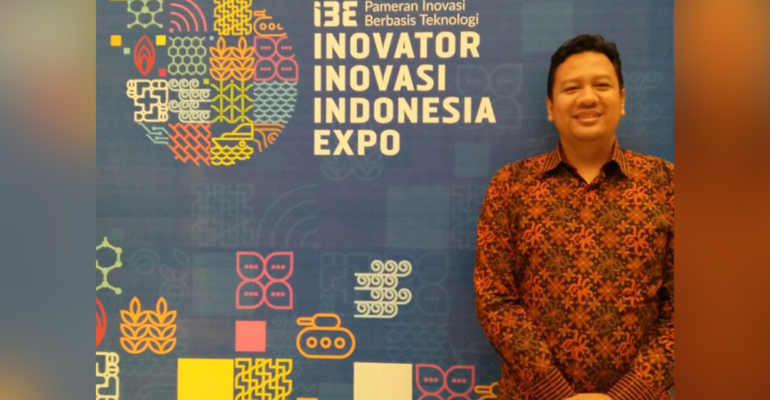IPB University Expert: With Biotechnology, Plant Productivity Can Reach Trillions of Rupiah

Expert in Plant Biotechnology at IPB University, Prof Awang Maharijaya, stated that it is not a loss to allocate billions of rupiah for plant biotechnology research and development. This is because plants developed with biotechnology can yield high productivity, reaching trillions of rupiah.
He exemplified what he did with shallots in Solok, West Sumatra. The presence of the superior variety ‘tajuk shallots’, an IPB University innovation developed through biotechnology, significantly increased its productivity.
“Previously in Solok, in 2016, the productivity of shallots was only able to produce 10 tons per hectare. After using the superior variety of ‘tajuk shallots’, the productivity increased to above 16 tons per hectare,” expressed Prof Awang during the Press Conference of the Inaugural Scientific Oration of IPB University Professors, on Thursday (4/7).
From there, he continued, there was an increase in yield of 75 million per hectare. Therefore, Prof. Awang emphasized, “If allocating research funds of only 1 to 2 billion rupiah, it will not be a loss because it will yield up to trillions of rupiah.”
“This is where plant biotechnology comes in as a key solution to drive competitive and sustainable horticultural production. Biotechnology offers innovative strategies to create superior plant varieties,” he asserted.
The chairman of the Smart Agriculture Program at IPB University explained that with biotechnology, the harvest yield will be high, the product quality will be excellent, and the production cycle will be faster. Not only that, the plants will also have tolerance to abiotic stress (such as drought, heat, floods, salinity, and acidic soil), improved water and nutrient efficiency, as well as resistance to pests and diseases.
The development of adaptive horticultural plant varieties will be integrated with the smart climate horticulture system. The implementation of standardized methods and standard operating procedures (SOP) will also be carried out to produce high-quality products in accordance with the expected quality standards, including rapid production, unique compounds, specific characteristics, and specific reputation.
Furthermore, it was conveyed that biotechnology can also be used to characterize horticultural products originating from specific geographical regions, thus strengthening the protection of Geographical Indications (GI).
GI is a recognition of the uniqueness and quality of horticultural products produced from a specific area, taking into account factors such as the environment, traditions, and local expertise. This GI protection helps to enhance the value of horticultural products and ensure economic benefits for the local community that has long preserved these cultivation practices.
“Biotechnology can ensure the consistency of quality and characteristics of horticultural products. This is achieved through the development of plant varieties that are resistant to environmental variability and cultivation practices,” explained the Chairman of the Center for Tropical Horticulture Studies at IPB University.
Therefore, consumers can always enjoy local horticultural products with distinctive and consistent taste, aroma, and texture. The application of DNA analysis techniques can be used for tracking and tracing, characterizing and verifying the authenticity of horticultural products, and ensuring their origin and quality,” he added. (dh/Rz) (IAAS/EXC)



